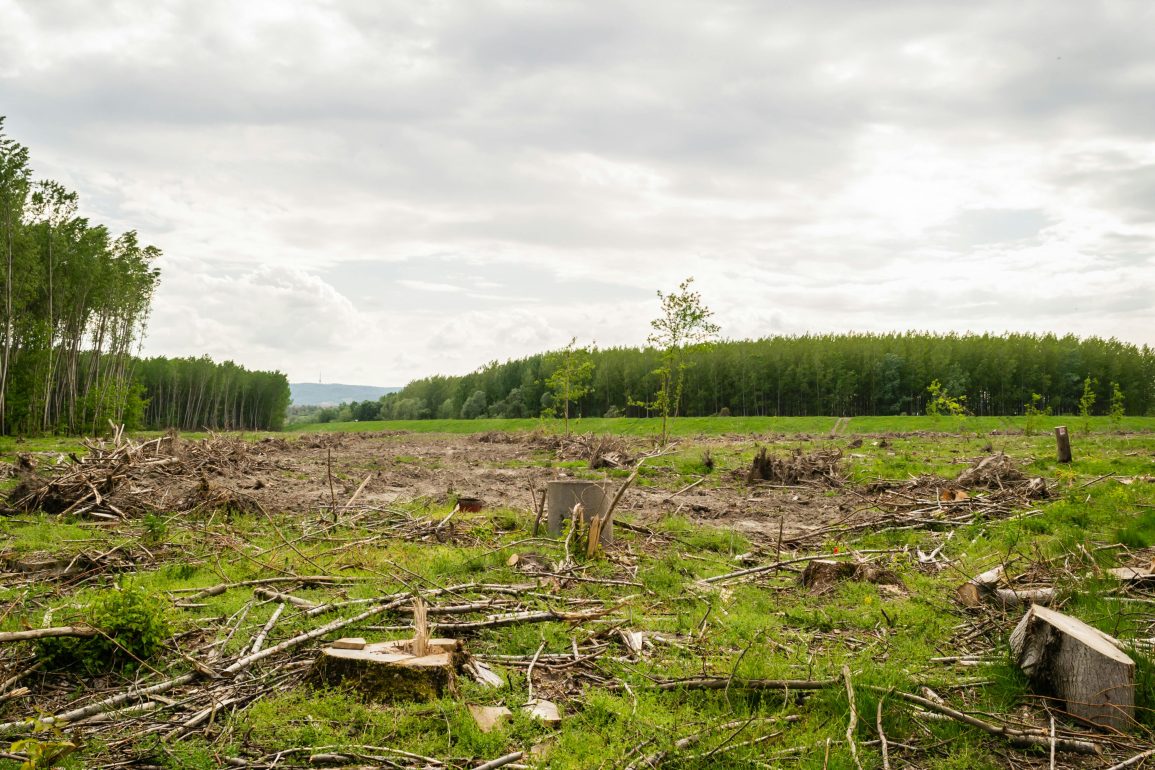Humanity stands at a critical juncture, facing unprecedented challenges due to the ongoing decline in biodiversity.
As world leaders convene for the COP16 UN biodiversity conference in Cali, Colombia, experts emphasize the urgency of addressing this global crisis.
The warning signs are clear: failure to act could lead to catastrophic consequences for both the planet and humanity itself.
Studies reveal that since 1970, wildlife populations have plummeted by an alarming 73%.
This loss isn’t just a statistic; it signifies the extinction of countless species, including the passenger pigeon and Floreana giant tortoise, due to human actions.
Tom Oliver, a professor of applied ecology, warns of rapid and irreversible damage if decisive steps aren’t taken.
“The next 15 to 20 years will see continued food crises and the risk of multiple breadbasket failures,” he cautions, highlighting the broader implications of biodiversity loss on human survival, including threats to food and clean water supplies.

Experts indicate that the degradation of ecosystems will exacerbate existing inequalities, driving conflict over dwindling resources and health crises linked to environmental changes.
Dr. Andrew Terry of the Zoological Society of London notes that some ecosystems are nearing tipping points, potentially shifting into less resilient states.
These changes could have far-reaching impacts, transforming once-vibrant environments into barren landscapes.
In Malawi, land restoration expert Tonthoza Uganja reflects on the personal toll of biodiversity loss.
“We relied on a biodiverse ecosystem to thrive,” she states, emphasizing that the disappearance of nature affects not just wildlife but human identity and culture.
Uganja warns that if action isn’t taken, we risk losing our connection to the Earth and the history it embodies.
As discussions unfold at COP16, experts urge that biodiversity must be treated with the same urgency as climate change. The solutions lie in reevaluating our economic systems and nurturing a deeper respect for nature.
Restoring ecosystems is essential, not merely an option.
Without immediate action, the loss of biodiversity will have profound consequences for future generations, underscoring the necessity for global cooperation and commitment to protecting our planet’s rich tapestry of life.

